
A vet has warned how a ‘hug’ can make a dog feel, and it’s not necessarily what you would expect
A vet has warned that it could be a bad idea to ‘hug’ your dog, as it could have the opposite effect on them to what us humans feel.
There’s nothing nicer than coming home from a long day at work to your furry friend scurrying as fast as they can to the door to greet you.
Your natural reaction is usually to bend down and give them a big cuddle, and whilst it might look like they’re loving every second – it might not be what they’re really feeling.
Dog experts are now warning owners to find different ways of showing their love.
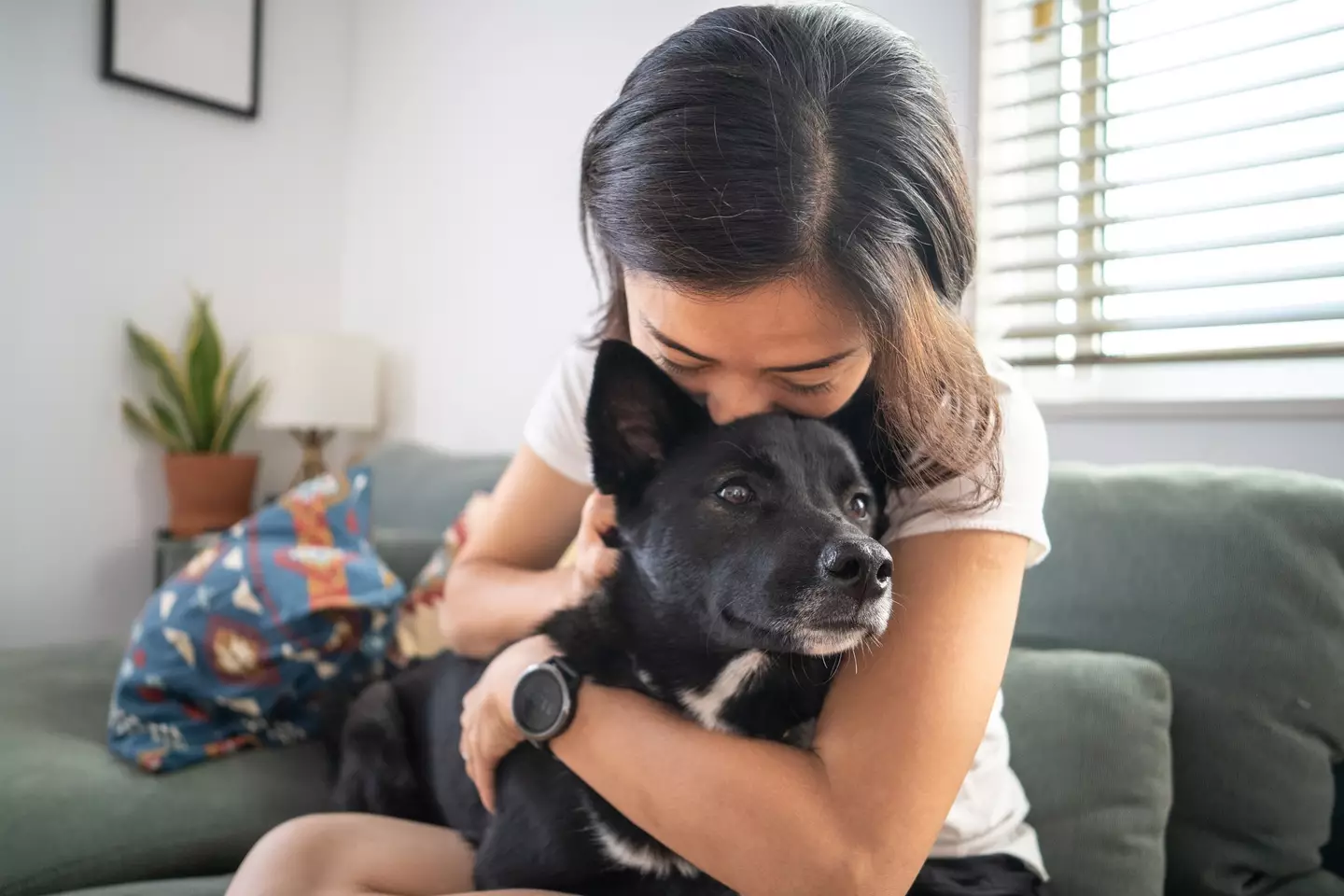
According to a vet who spoke to Psychology Today, a hug can actually make a dog feel quite anxious and trapped – this is because a dog’s primary defence is to run away.
Psychologist Stanley Coren explained: “Yes, your dog may leap into your lap and kiss your face, cuddle against your neck, and beg you to rub her belly.
“But that’s not ‘hugging.’
“In my experience, many dogs don’t enjoy having a human move one or two arms around their shoulders and squeeze.
“That’s the hug we are talking about.”
Behaviour Vets author Lauren Novack believes dogs who do enjoy hugs are a complete ‘exception’, reports Daily Paws.
She said: “When dogs don’t like something and politely ask for space over and over again to no avail, they’re likely to escalate their communication to growling or biting.
“I don’t want dogs to be stressed, and I don’t want humans to get bitten. For most dogs, hugs are stressful.”
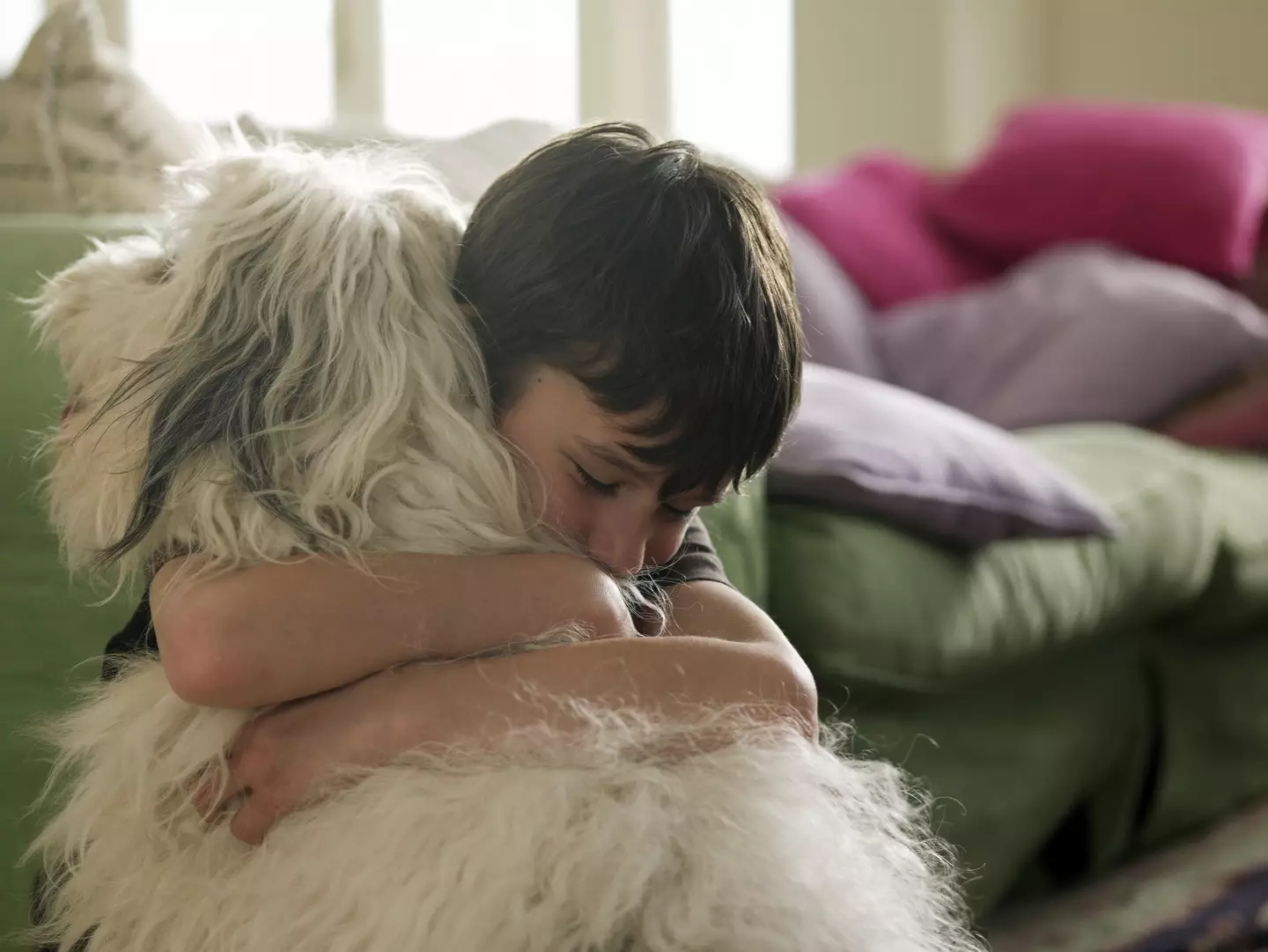
Stanley previously analysed 250 photos of dogs being given hugs, and he found that in 80% of the images, the dogs showed signs of looking stressed.
And he noted that this can be indicated by a dog lowers their ears, closing their eyes, or turning away from the source of anxiety.
And the psychologist has now revealed some much better alternatives.
He said: “The clear recommendation to come out of this research is to save your hugs for your two-footed family members and lovers.
“It is clearly better from the dog’s point of view if you express your fondness for your pet with a pat, a kind word, and maybe a treat.”
And the last thing we want to do is upset our furry babies, so we’re definitely going to take this advice on board!
Our House Was Egged on Christmas — I Was Flabbergasted When I Found Out Who Did It

When Ellie’s family returns from their Christmas getaway, they’re shocked to find their house egged and a cryptic note left behind. Determined to uncover the culprit, Ellie checks the security footage, only to discover the vandal is someone very close to her. Confronting the person reveals years of hurt and manipulation that nearly tears their bond apart. Can Ellie handle it?
Christmas has always been about family. That’s why, for the last four years, my husband Ethan, our seven-year-old daughter Maddie, our five-year-old son Noah, and I had made it a tradition to escape to the islands.
Just the four of us, basking in the sun, recharging before the whirlwind of holiday dinners and social obligations hit.

Two children at the beach | Source: Midjourney
And this year was no different. Or so I thought.
When we pulled into our driveway after the trip, I froze.
Our house looked like a crime scene.
Raw eggs dripped from the walls in sticky streams, the porch was littered with broken shells, and even the holiday wreath I’d lovingly crafted was a splattered, smelly mess.
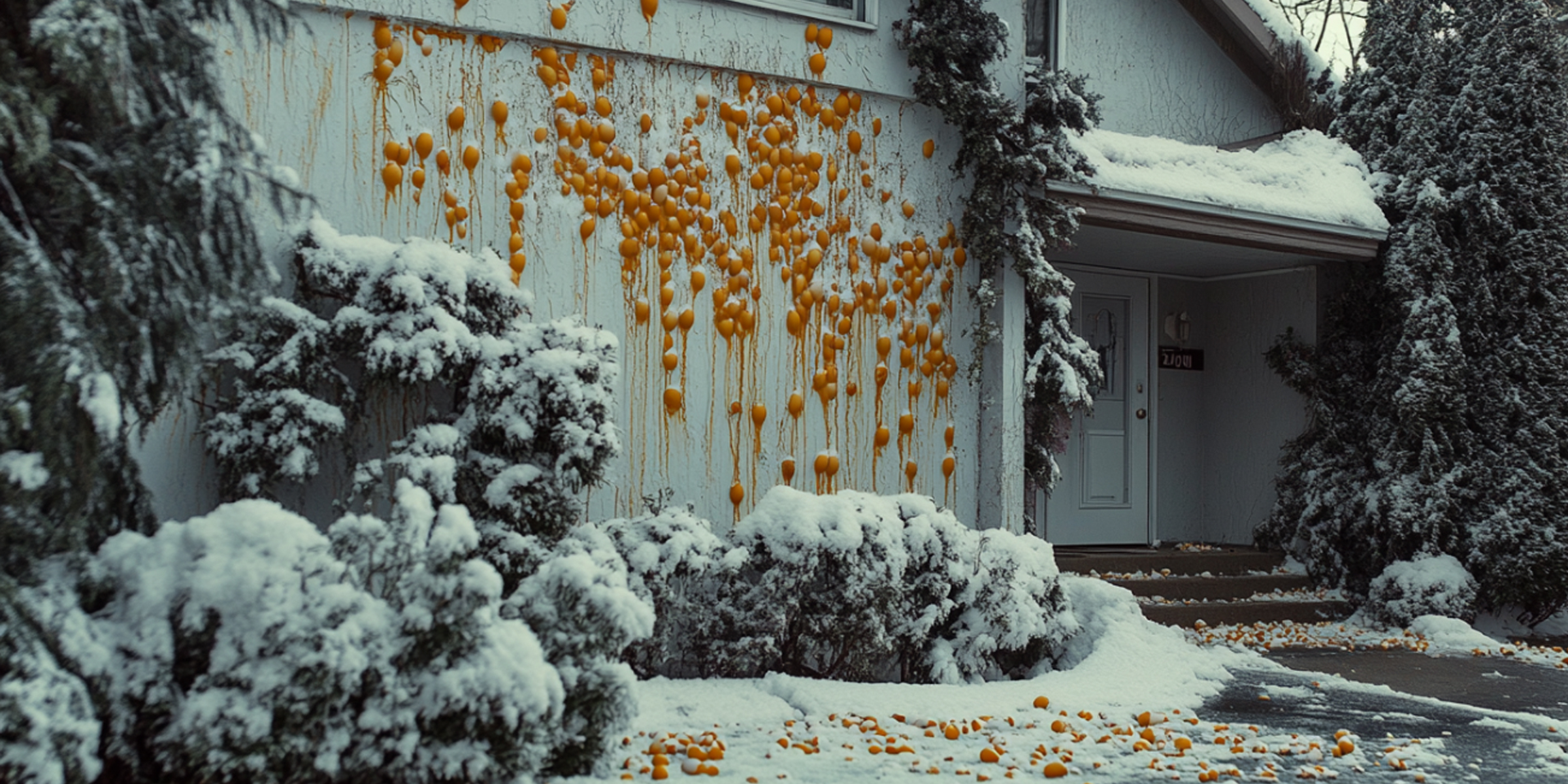
A house covered in eggs | Source: AmoMama
“What the hell?” Ethan muttered, stepping out of the car, Noah on his heels.
“Mom, what happened?” Maddie asked from the backseat.
“I don’t know, sweetheart,” I said, feeling a knot tighten in my chest.
Noah crouched beside the mess.
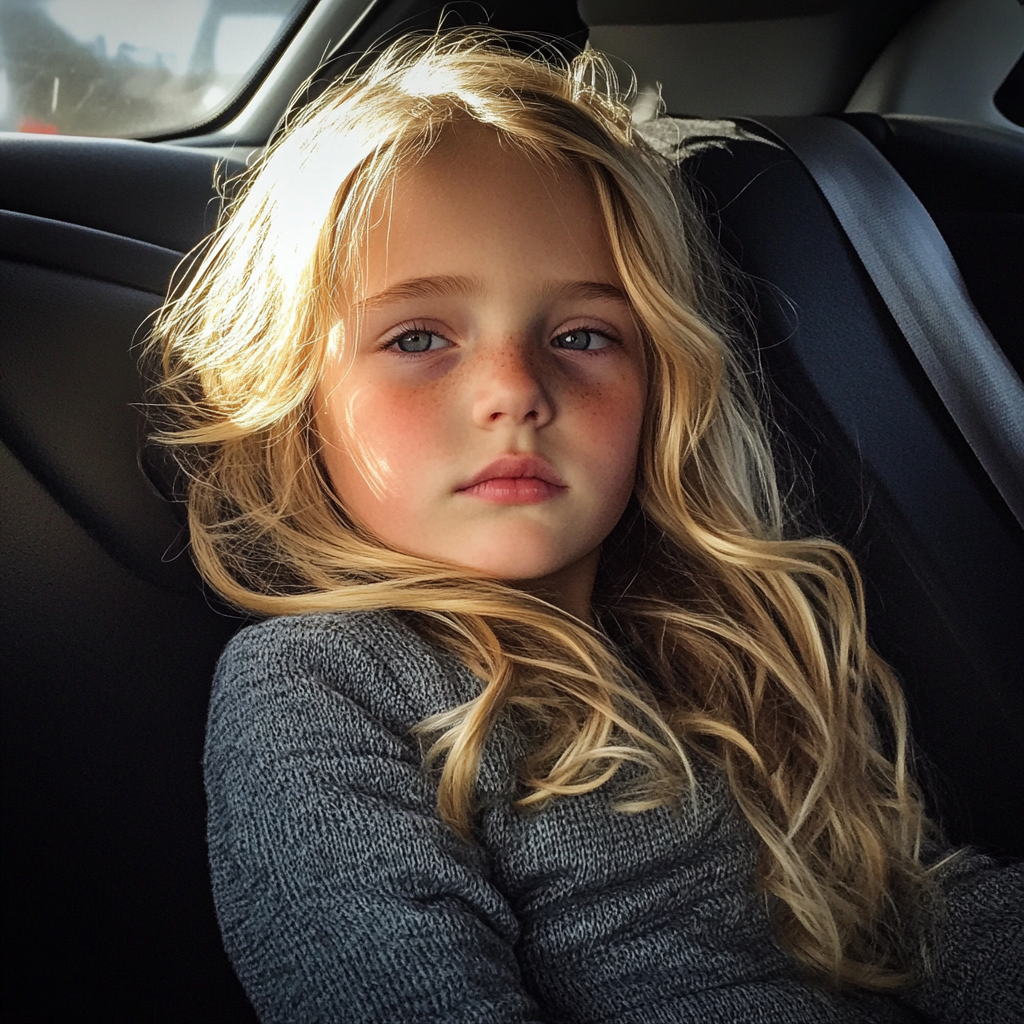
A little girl sitting in a car | Source: Midjourney
“Could a bird do this, Dad?” he asked.
I tried to keep calm for the kids, but inside, I was fuming.
Who would do this?
We were good neighbors — no, we were great neighbors! I baked cookies for new families, helped organize block parties, and I never turned down a chance to lend a hand.
This wasn’t random vandalism. It was targeted. It had to be.
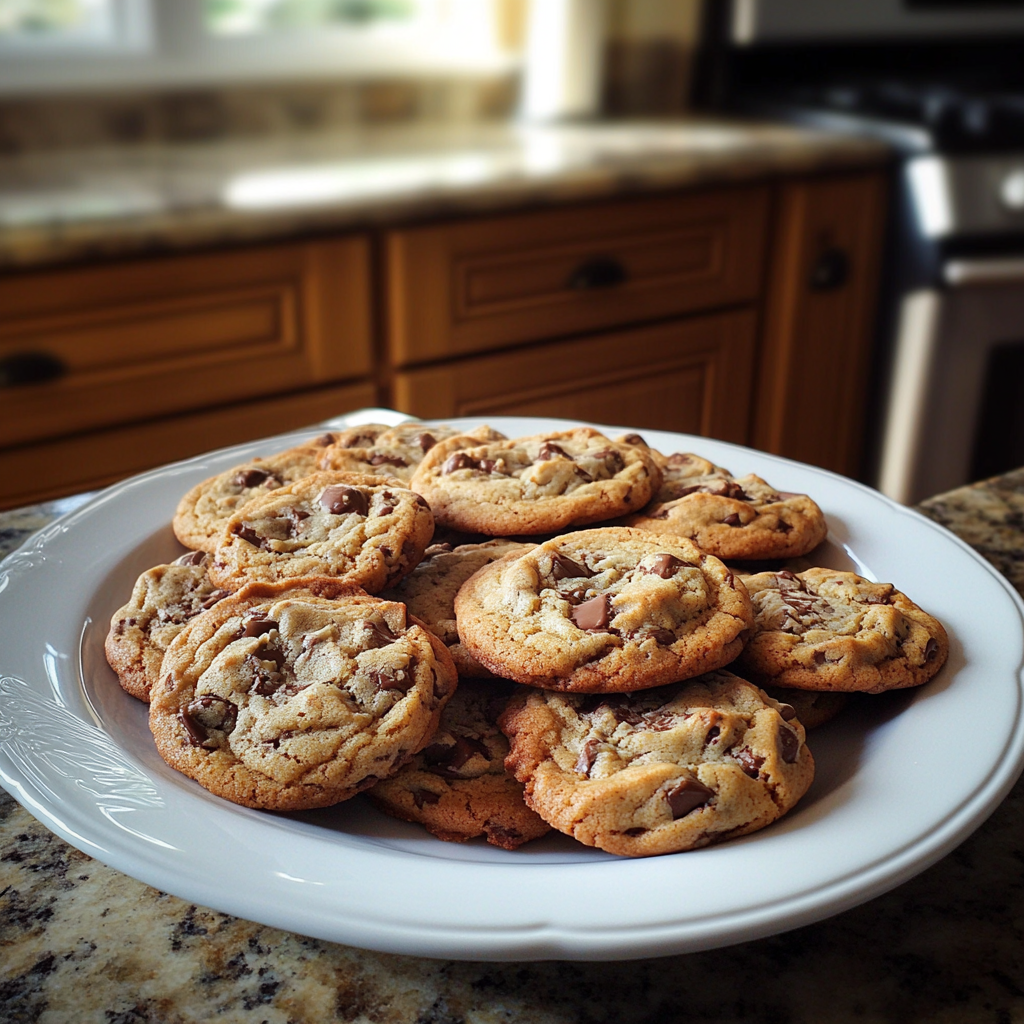
A plate of cookies | Source: Midjourney
Then Ethan found the note. It was stuffed under the doorframe, the edges crumpled and damp. He handed it to me.
This is for what you took from me before Christmas.
I stared at the words, my mind racing.
What had I taken? And from whom?
That night, after putting the kids to bed, Ethan and I went straight to the security cameras. As we scrolled through the footage, my stomach churned.

A piece of paper on the floor | Source: Midjourney
The camera captured a hooded figure sneaking up our driveway, cartons of eggs in hand. Each throw was deliberate, as though they’d rehearsed the motion. This wasn’t a prank; it was a vendetta.
“This is insane,” Ethan said. “Who even does this anymore? This is a drunken prank for rowdy teens. Eggs and toilet paper.”
Then, something about the figure made me freeze. The way they tilted their head. The way their shoulders slumped between throws. My breath caught in my throat.
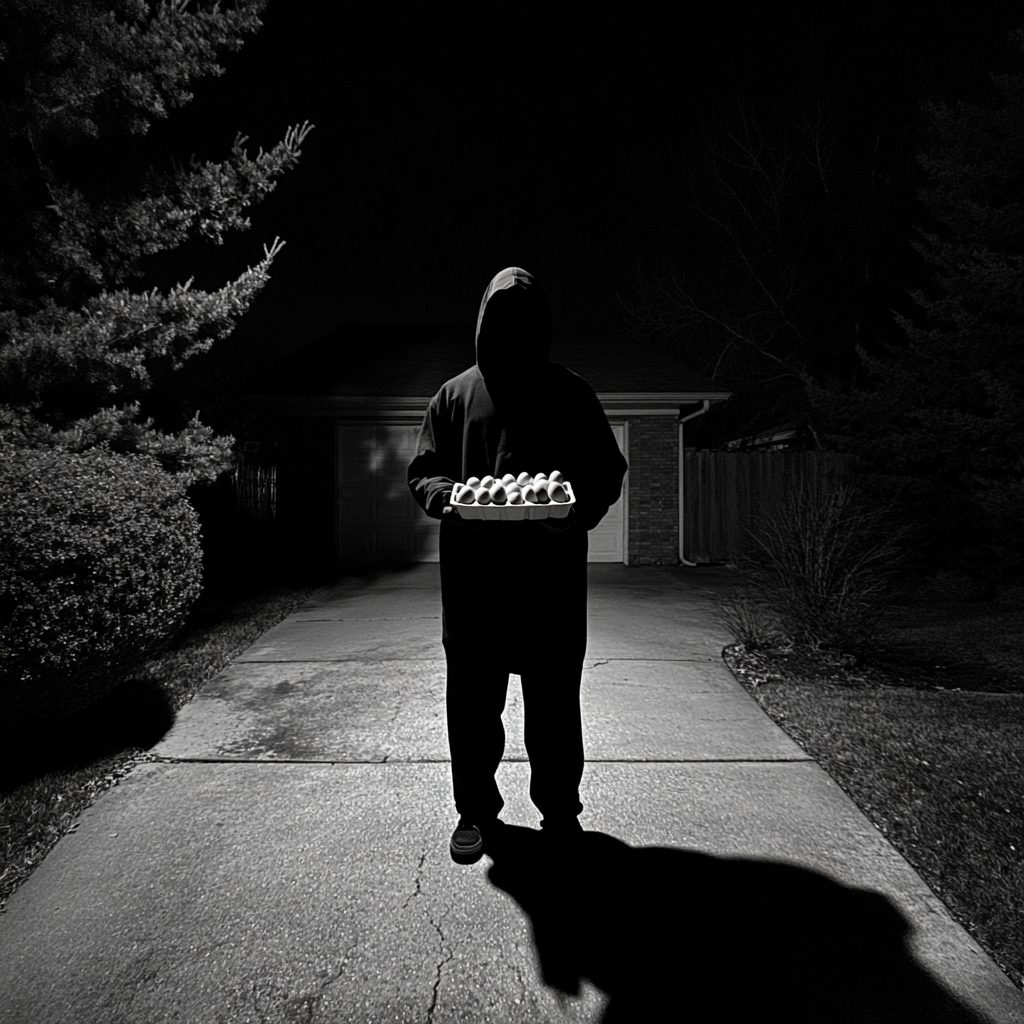
A person holding a carton of eggs | Source: Midjourney
“No,” I whispered, shaking my head. “It can’t be.”
But it was.
The hooded figure vandalizing our home was my mother.
The next morning, I left Ethan with the kids and drove to my mom’s house. My hands gripped the steering wheel so tightly I thought I might snap it in two.
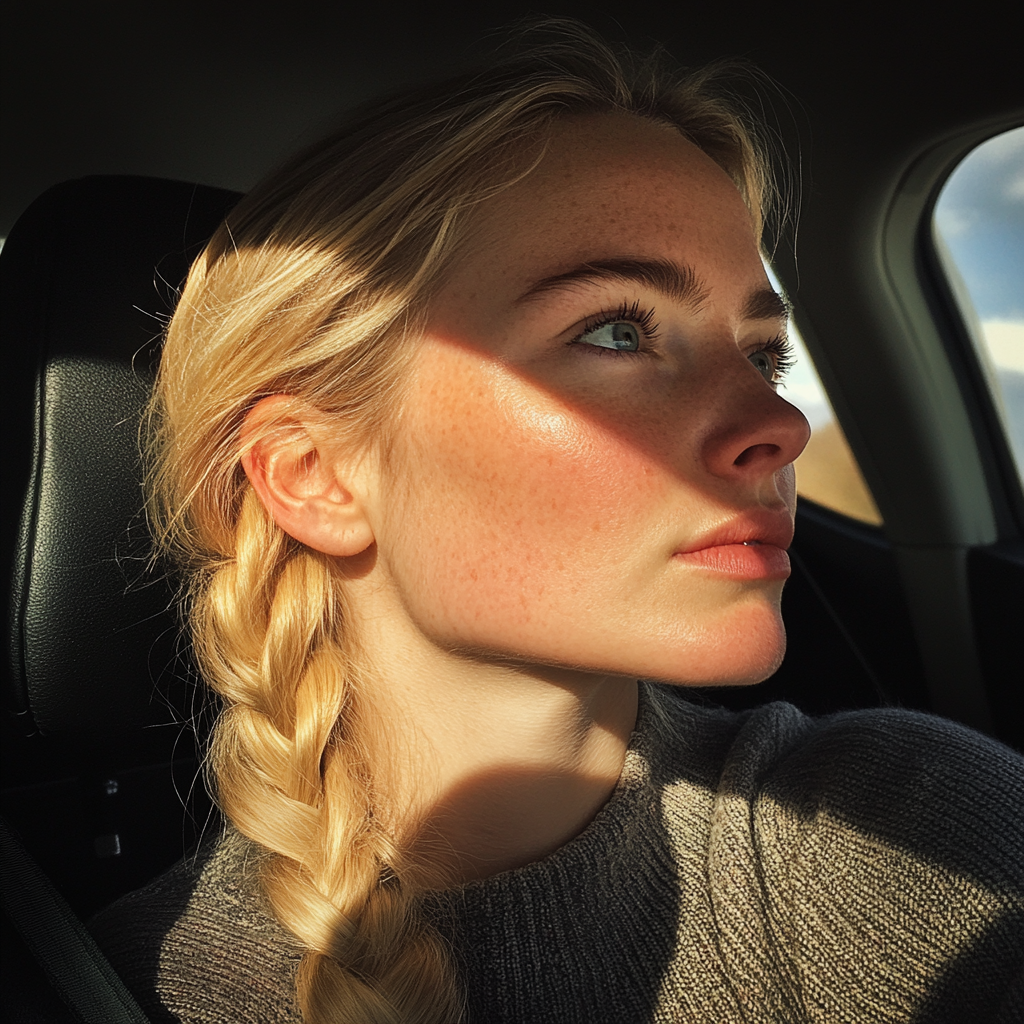
A woman in a car | Source: Midjourney
When I rang the bell, she opened the door with her usual warm smile.
“Ellie! What a surprise!”
“Why?” I blurted, skipping the pleasantries. “Just explain why.”
Her smile faltered.
“Why what? Explain what?” she asked.
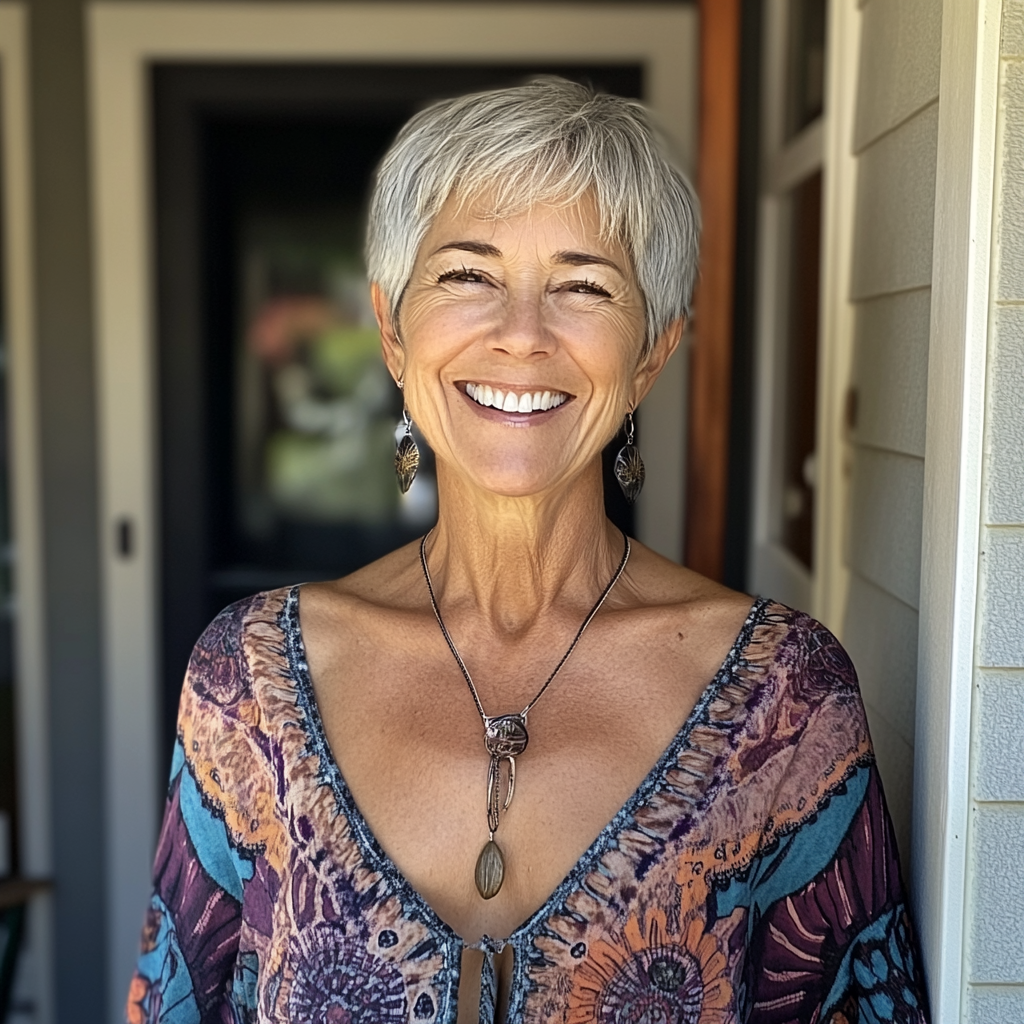
A woman standing in a doorway | Source: Midjourney
“Why would you do that to us? Don’t even try to hide it, Mom. Come on!”
She blinked, her face going pale as she tried to figure out what to say. Then, she looked away, her expression clouded with guilt.
“Come sit down, El,” she said.
“I don’t want to sit down, Mom. I want to know why you took it upon yourself to mess up my house.”
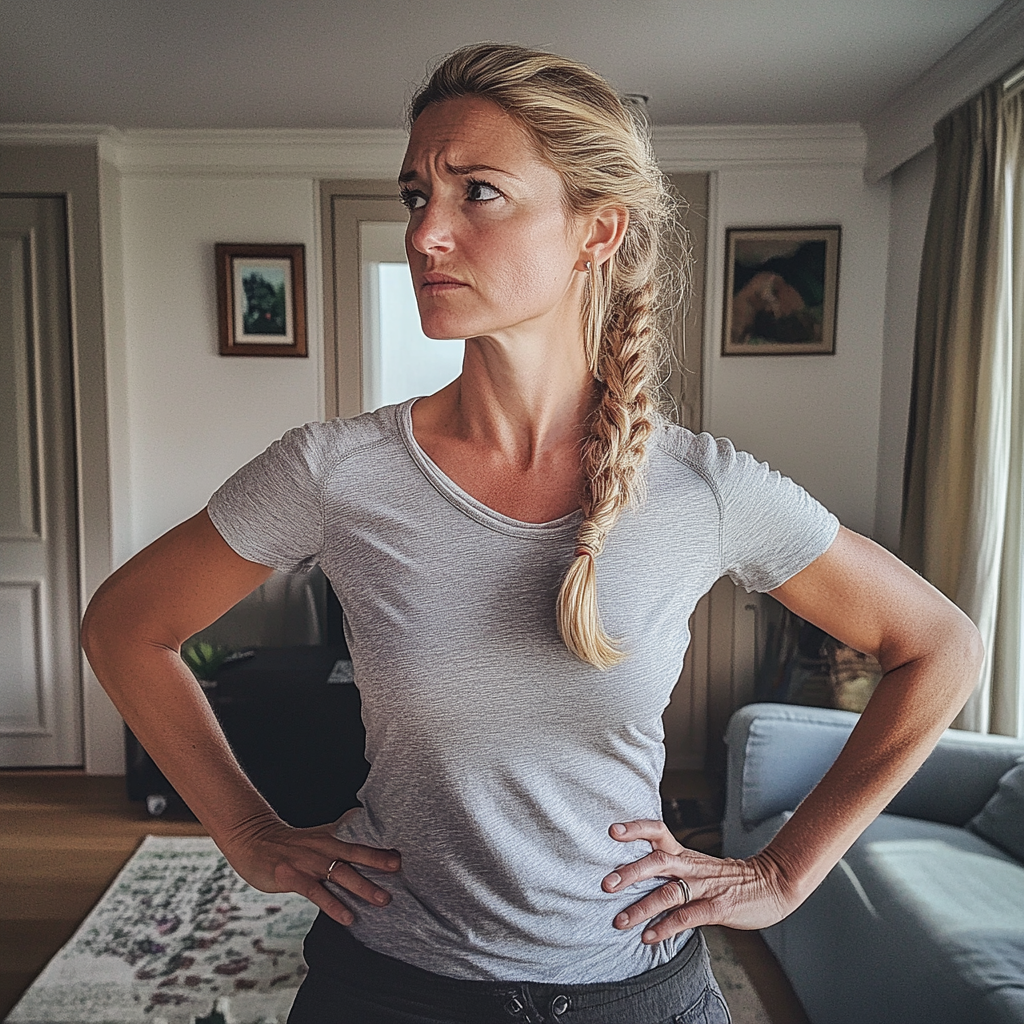
A woman standing in a living room | Source: Midjourney
“It was because of your mother-in-law,” she said finally, her voice tight.
“What does Gloria have to do with it?” I asked.
“She called me, Eleanor,” my mother snapped, anger seeping into her voice. “Right before Christmas, she called to gloat about how you and Ethan were taking her on your precious island vacation. She said you made her feel so included, so special. And that she got quality time with the kids. And me? Oh, I was just left here to sit alone in the cold.”

An older woman at the beach | Source: Midjourney
I stared at her, completely stunned.
“Mom,” I said softly. “We didn’t take Gloria with us. That’s not true at all. She wasn’t on the trip, I promise!”
My mom’s eyes widened.
“But then… why would she say that?”
“To hurt you,” I said, my voice soft but firm. “To make you feel exactly this way. To drive a wedge between us. Why would I take Gloria and not my own mother?”
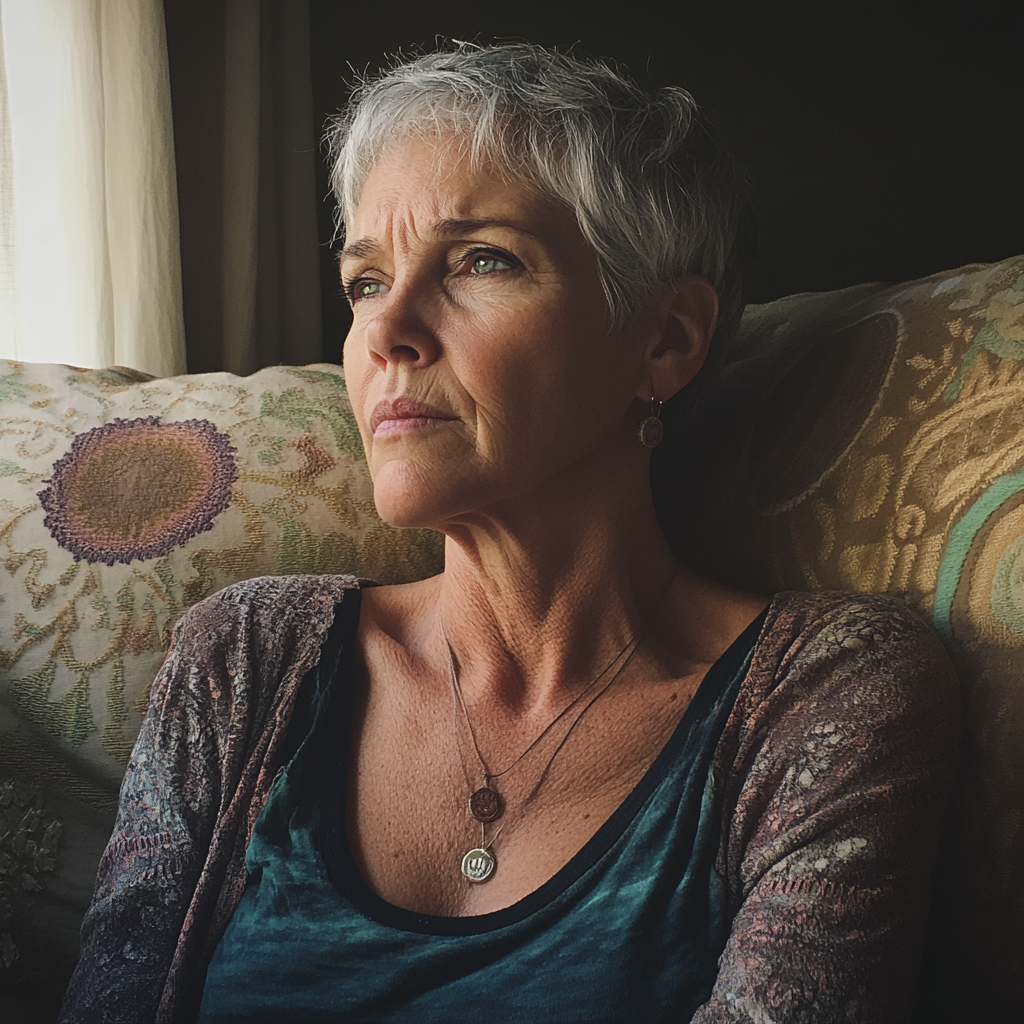
An upset woman | Source: Midjourney
She sank onto the couch, covering her face with her hands.
“I was so angry, Ellie. I felt invisible, like I didn’t matter to you anymore. And I… I lost control.”
Her words cut deep because they weren’t entirely wrong.
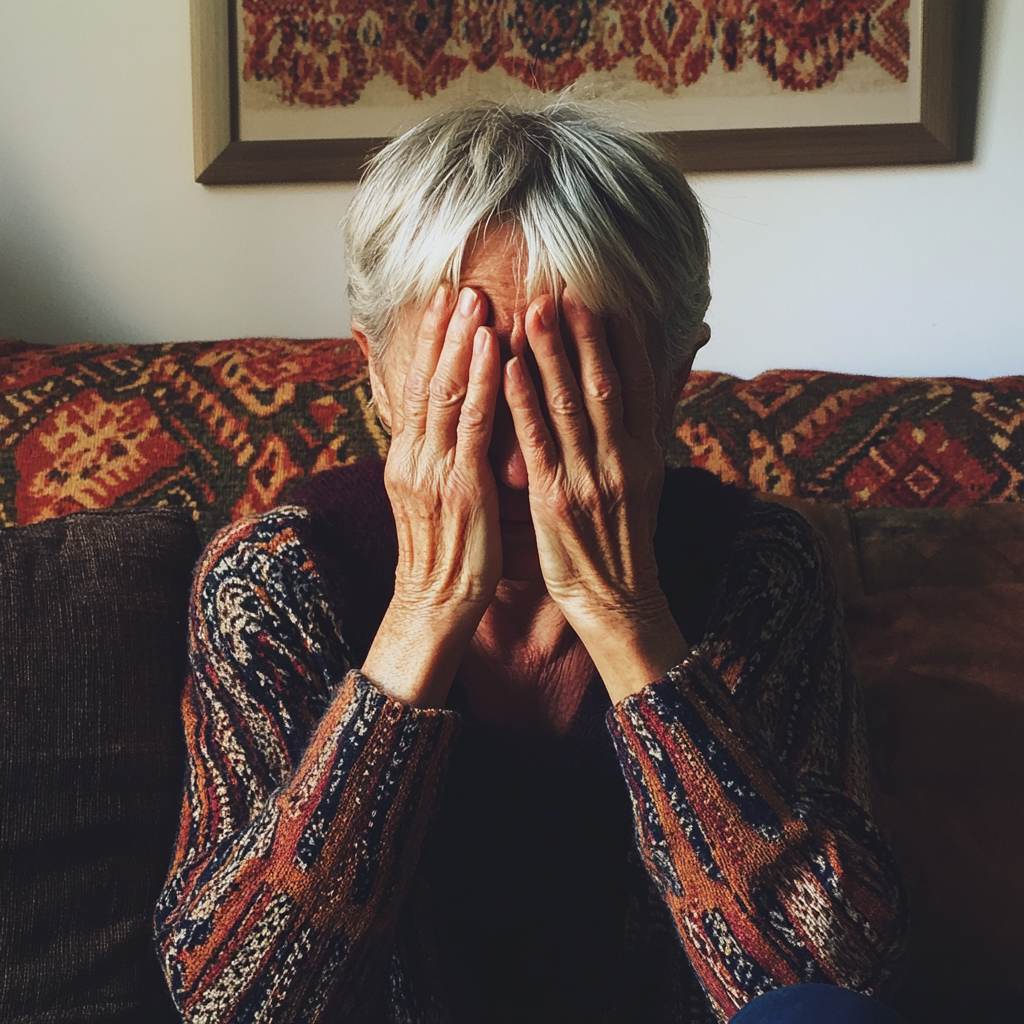
A woman holding her head | Source: Midjourney
If I’m being completely honest, the truth was that I had let my mom drift to the edges of our lives. I adored her, of course, but between raising two young kids, managing a full-time job, and keeping up with everything else, I hadn’t noticed how isolated she’d become.
Looking back, the signs were there. The hesitation in her voice during phone calls, the way she’d stopped dropping by unannounced, usually with baked treats for us all.
I’d let my schedule get away with me. And I hadn’t thought about the consequences.
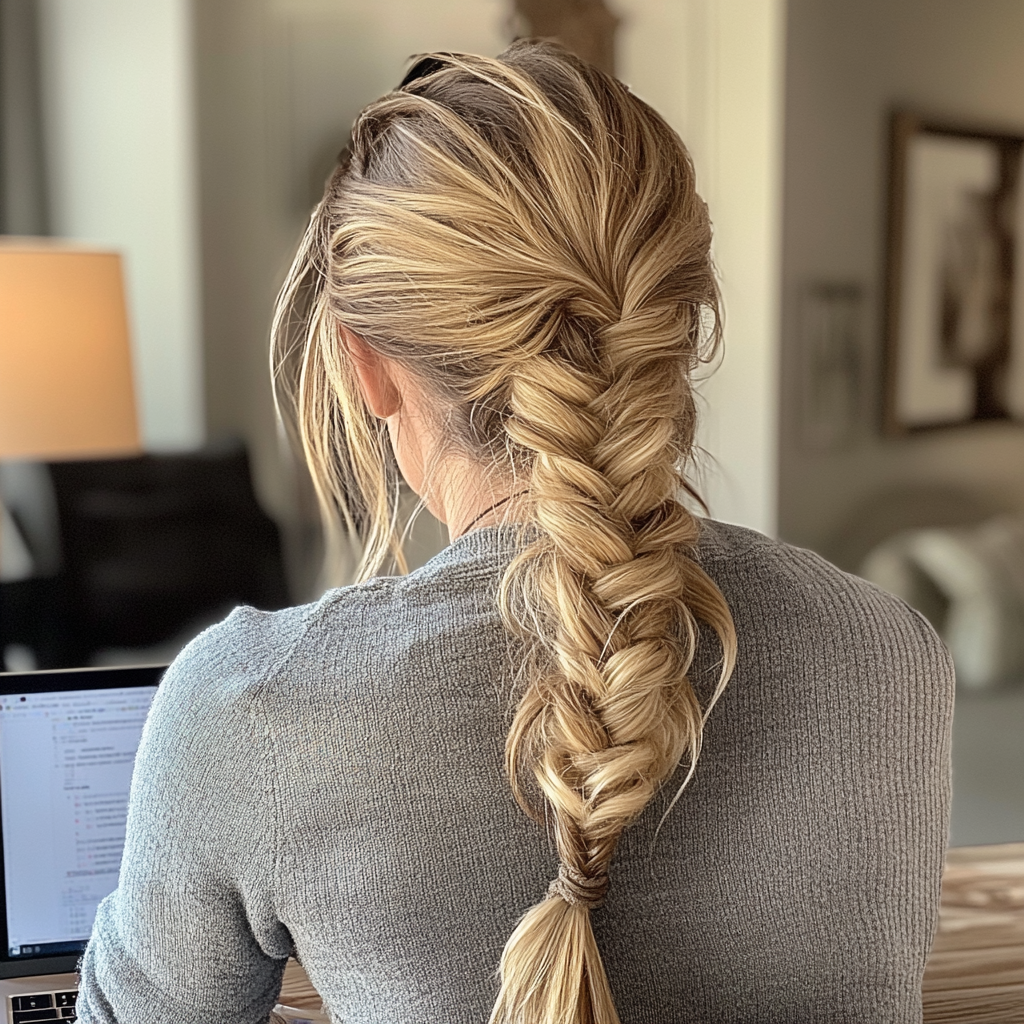
A woman working at her laptop | Source: Midjourney
“Mom,” I said gently, sitting beside her. “What you did was wrong. But I understand why you felt hurt. And I’m sorry if I made you feel left out. I’ve let life get away with me, Momma. It’s been a challenge, juggling work and the kids.”
Her face crumpled.
“I’m so sorry, Ellie,” she said. “I’ll fix everything! I promise! I’ll pay for the cleaning, and I’ll do whatever you need me to do.”

A crying older woman | Source: Midjourney
“We’ll clean it up, Mom,” I interrupted. “Together. But it starts with us fixing us. No more games. No more letting other people’s words twist how we feel. Okay?”
She nodded, her relief palpable. We hugged, and for the first time in years, it felt like the walls between us were finally coming down.
That afternoon, Mom came over with a bucket of soapy water and a stack of rags. Together, we scrubbed the egg off the walls, the porch, and the windows.
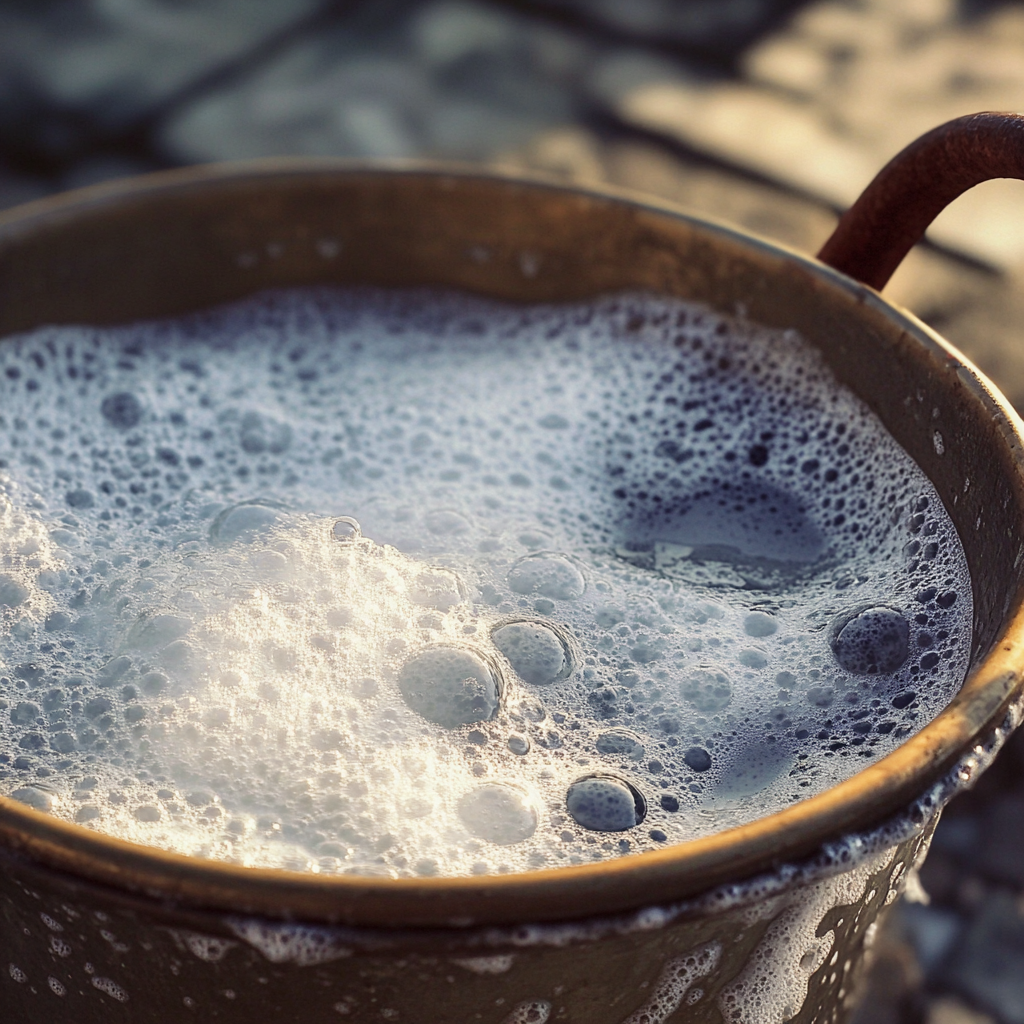
A bucket of soapy water | Source: Midjourney
It was messy, smelly, exhausting work, but somehow, with each streak we wiped away, it felt like we were wiping away years of tension too.
By the time we finished, the house looked — and felt — whole again.
That night, after Ethan and I made grilled cheese sandwiches for the kids and put them to bed, we sat down to talk with a glass of wine.
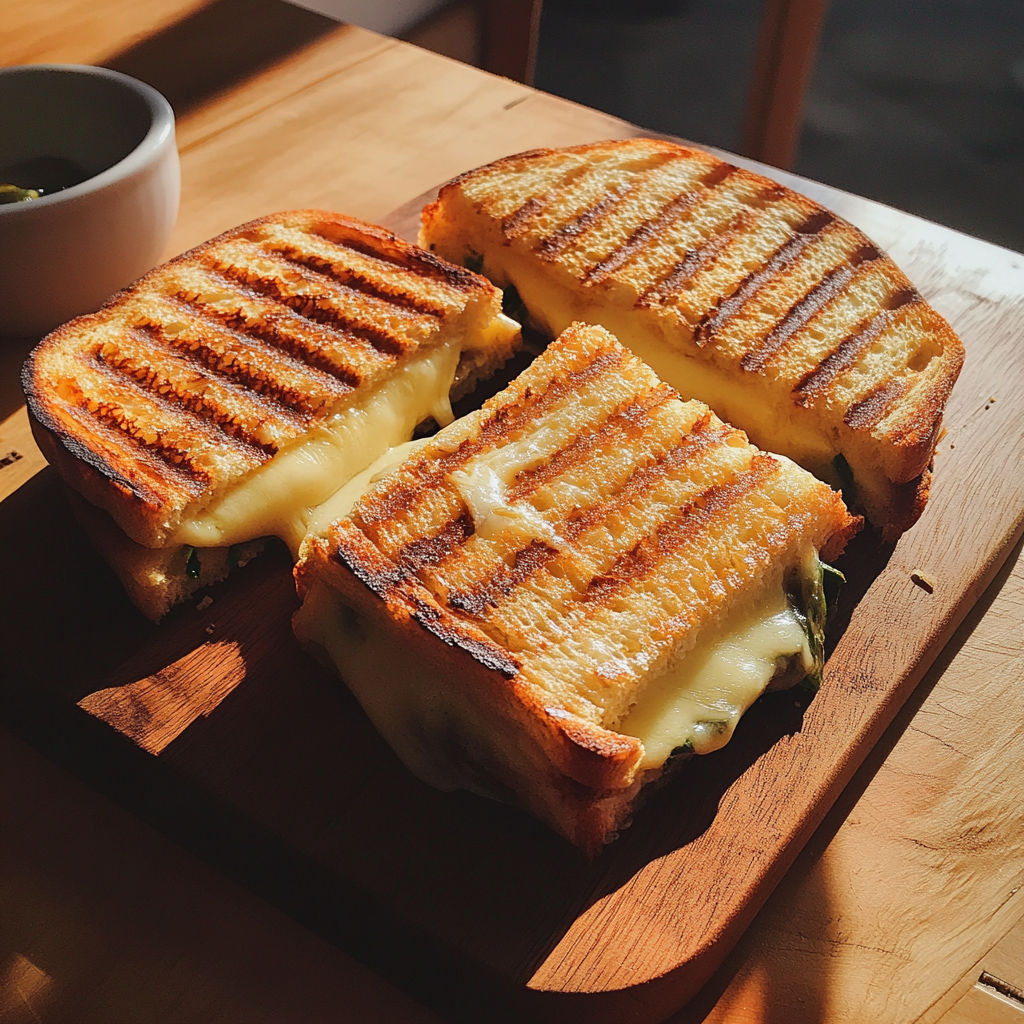
Grilled cheese sandwiches | Source: Midjourney
“Babe, it was your mom that started this whole thing. Gloria called my mom and told her that she was on vacation with us and was having the time of her life. She made it seem so real that my mom broke.”
“You’re kidding, El,” Ethan said, shaking his head. “She really did that? What on earth was she thinking?”
“I have no idea, but I think you need to talk to her. I need to focus on my mom, honey. She’s been feeling abandoned for years, and this was just her breaking point. I’m sorry, but Gloria is on you.”

A man sitting on a couch | Source: Midjourney
“I’ll call her,” Ethan said, his voice firm. “She’ll have no choice but to tell me the truth.”
Ethan went into our bedroom and called his mother, while I called my mom again.
“Mom, why don’t you come over to celebrate New Year’s Eve with us? We’re just going to be at home, okay? Let’s just eat and drink and have a good time!”
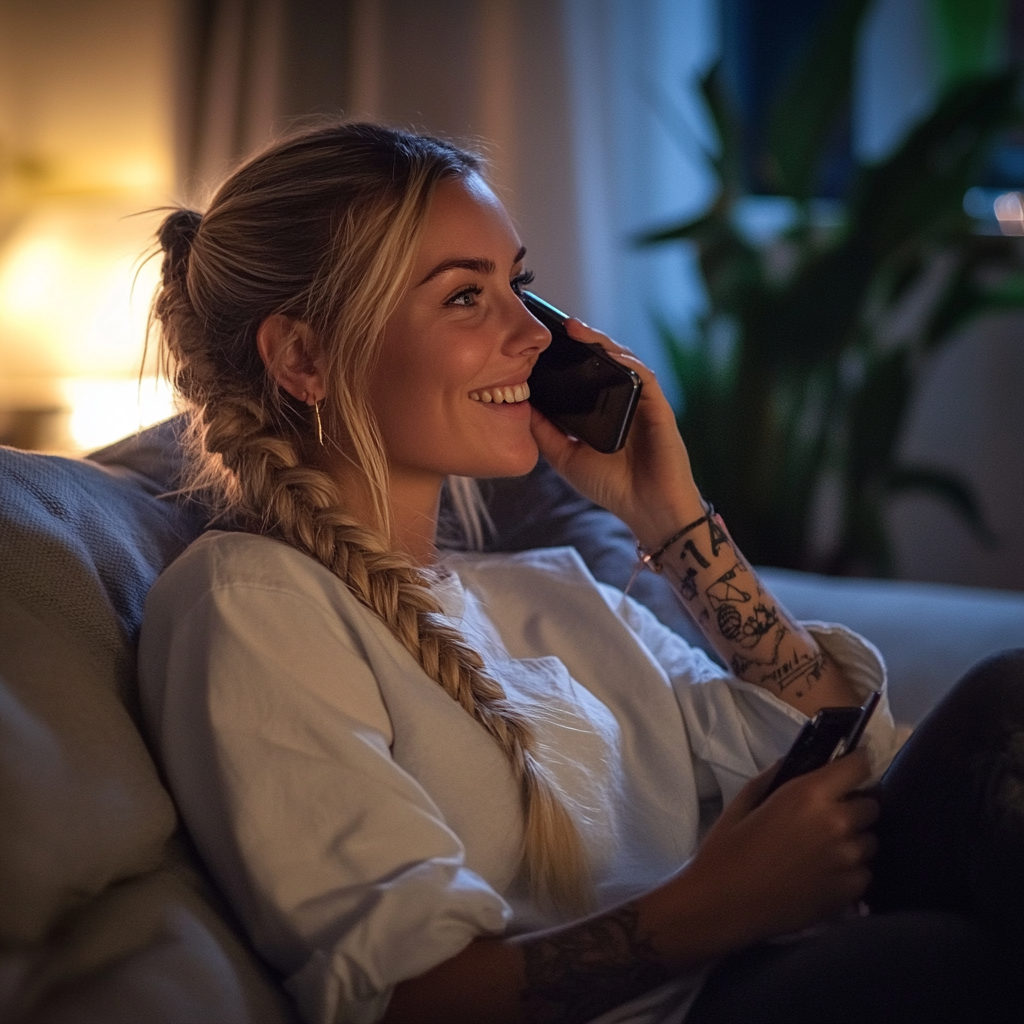
A woman talking on the phone | Source: Midjourney
There was a pause on the other end of the line. Then her voice brightened in a way I hadn’t heard in a long time.
“You really mean that?” she asked.
“I do, Mom,” I said. “It’s time.”
On New Year’s Eve, Mom arrived with a tray of homemade dumplings, a chocolate cake, and lamingtons for the kids. She was wearing a sparkling dress that made her look about ten years younger.
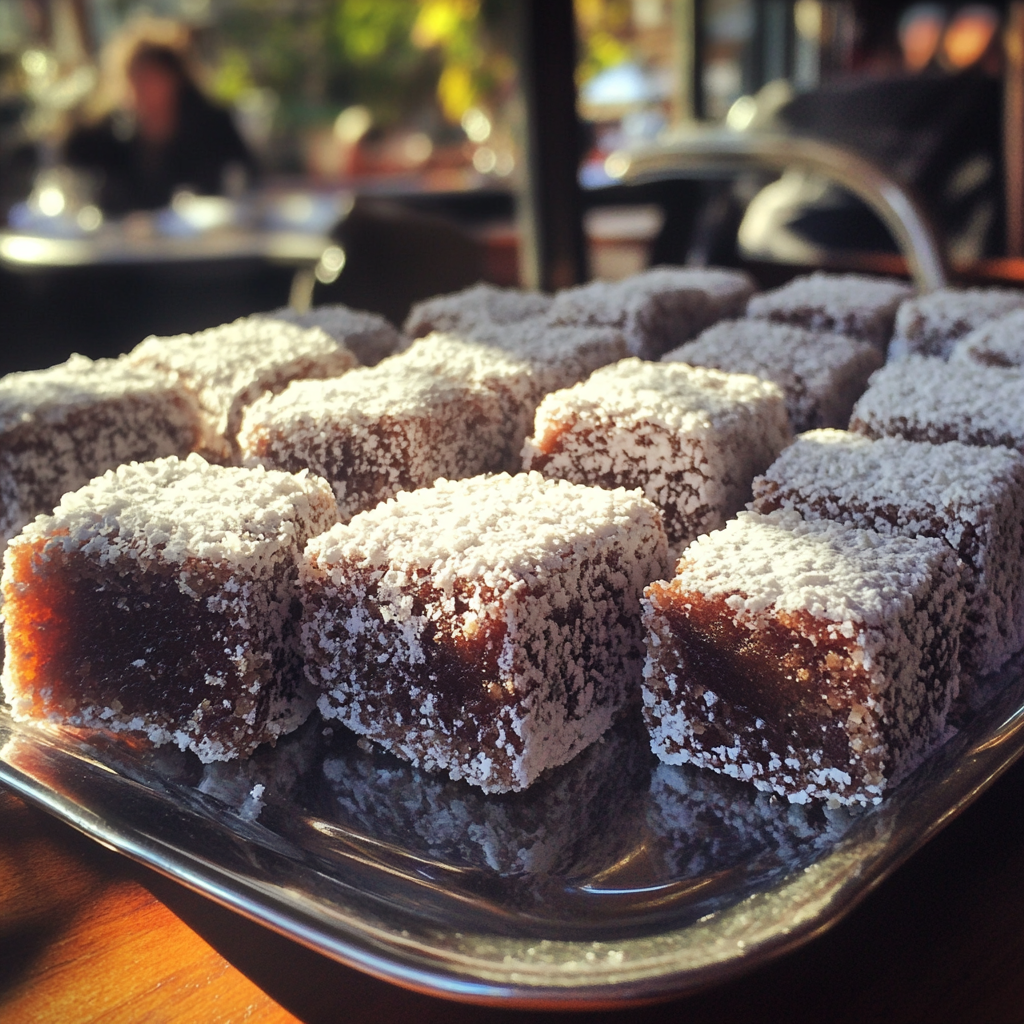
A platter of lamingtons | Source: Midjourney
Maddie and Noah rushed to greet her at the door, clinging to her legs as she fussed over them. Ethan handed her a glass of champagne and even managed to make her laugh with one of his notoriously terrible jokes.
At midnight, as the fireworks lit up the sky outside, we raised our glasses together.
“Cheers to new beginnings,” my mom said softly.

Fireworks in the night sky | Source: Midjourney
I looked around the room — at my kids’ happy, sleepy faces, my husband’s arm draped around my shoulders, and my mother, glowing with joy. Something shifted.
A week later, Ethan and I sat down with Gloria at a coffee shop.
“Mom, explain yourself,” Ethan said, adding sugar to his coffee. “And don’t deny anything. Be honest.”
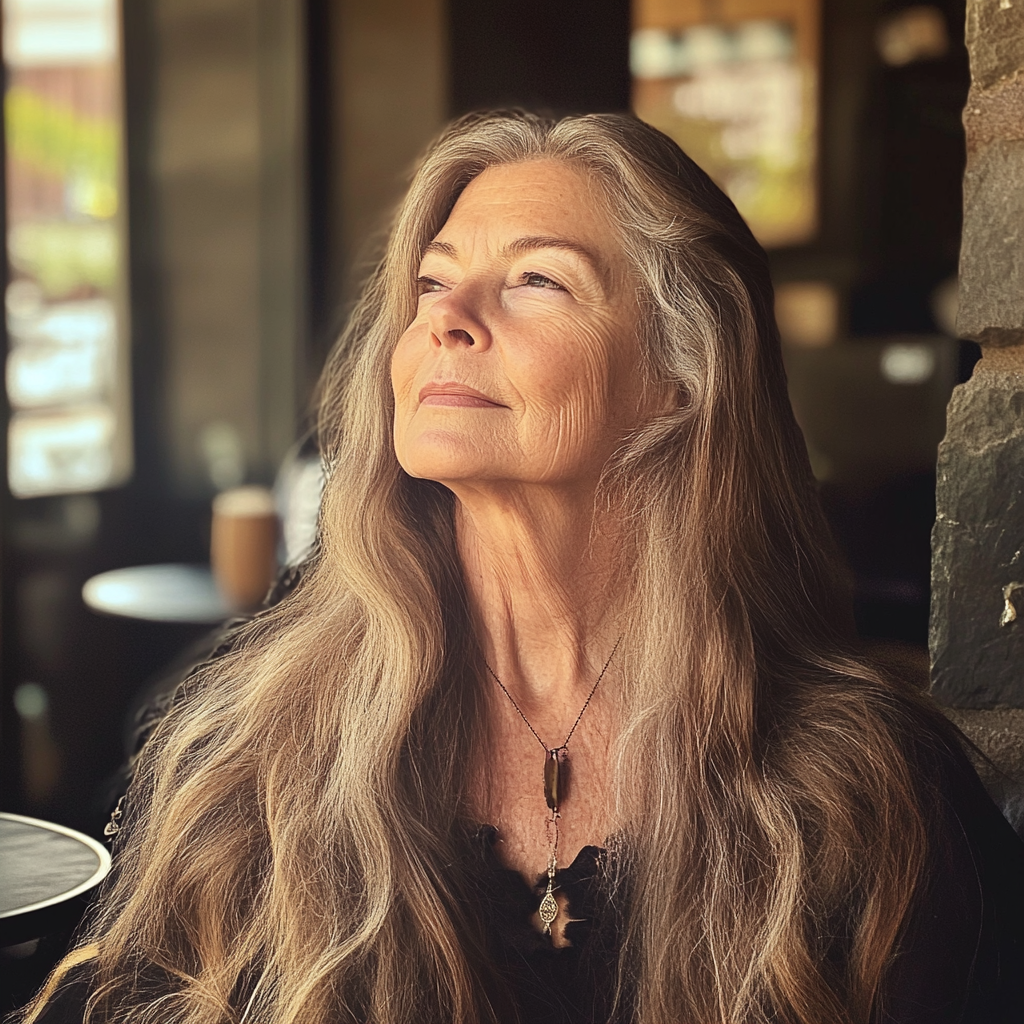
A woman sitting in a coffee shop | Source: Midjourney
“I lied to your mother because I was hurt that you guys didn’t invite us. I don’t know why I did it, but I did. I think I felt overcome with loneliness too. You know how the holidays can creep up on widows…”
“Why didn’t you just go over and spend time with her?” I asked, taking a bite of my croissant. “You were both lonely. You could have spent time together and enjoyed the holidays getting to know each other better. You could have watched movies and baked and talked until the early hours of the morning.”

A croissant and coffee at a coffee shop | Source: Midjourney
“I wasn’t thinking, Ellie,” she said, her voice breaking. “I would take it all back in a heartbeat if I could, I promise you that.”
We were all silent for a while.
“So, now what?” Ethan asked.
“I’m going to phone Irene and make things right. I’m going to plan a tea party with her and make this better. We’ll fix it. Just you see.”
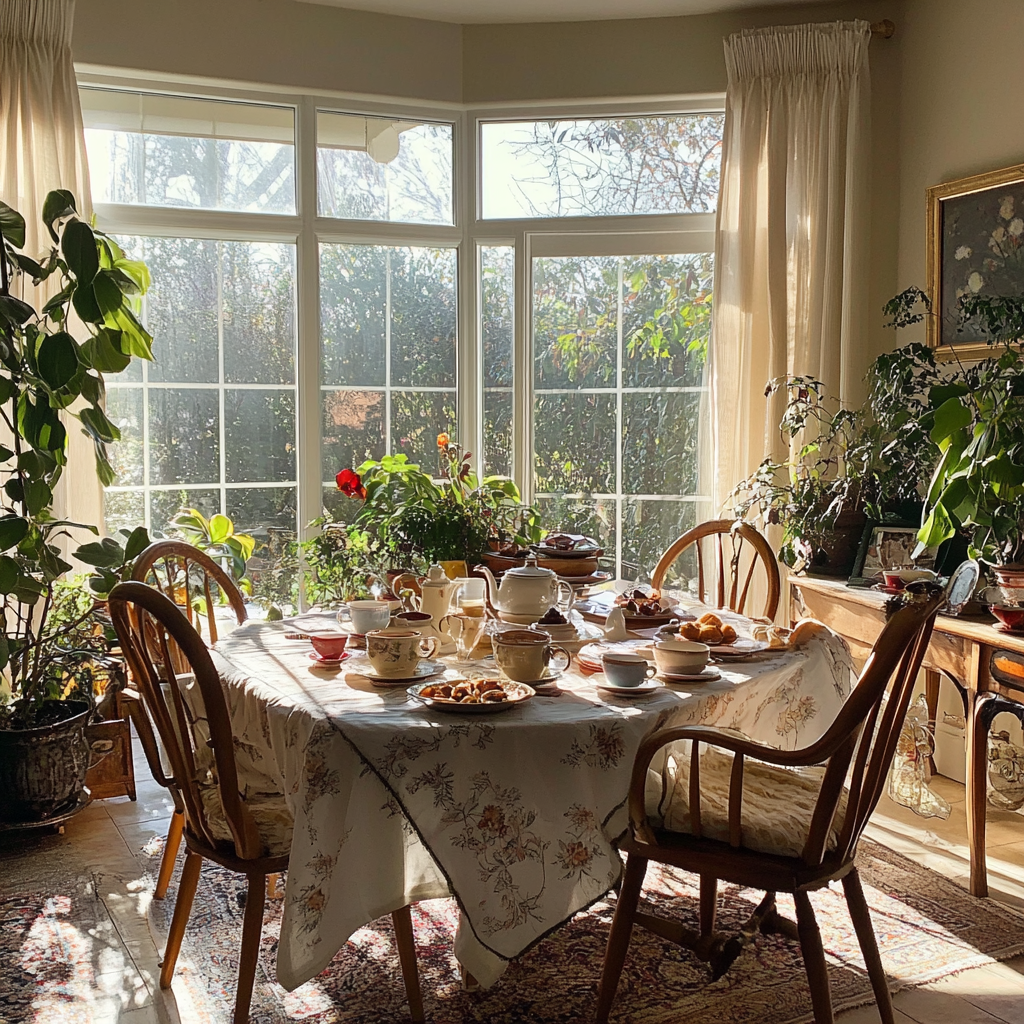
A tea party setting | Source: Midjourney
“I hope so, Gloria,” I said. “Because we can’t have the kids torn between their grandmothers. I’m not going to allow that.”
“As you should!” she exclaimed. “I wouldn’t allow it either. I’ll fix it, Ellie. Don’t you worry about that, love.”
In the end, we left our mothers to themselves, and slowly but surely, they did fix their relationship. Now, they are mahjong buddies who bake something new every weekend.
And for the record, I can’t stand eggs anymore.

A carton of eggs on a counter | Source: Midjourney
What would you have done?
If you’ve enjoyed this story, here’s another one for you:
When Sarah gets home from the usual errands with her kids, the last thing she expects is to hear her husband spilling his true feelings about her — that she is just a means to an end in his life. But Sarah isn’t about to let Ethan get away with his callous behavior. Instead, she decides to teach him a lesson.
This work is inspired by real events and people, but it has been fictionalized for creative purposes. Names, characters, and details have been changed to protect privacy and enhance the narrative. Any resemblance to actual persons, living or dead, or actual events is purely coincidental and not intended by the author.
The author and publisher make no claims to the accuracy of events or the portrayal of characters and are not liable for any misinterpretation. This story is provided “as is,” and any opinions expressed are those of the characters and do not reflect the views of the author or publisher.
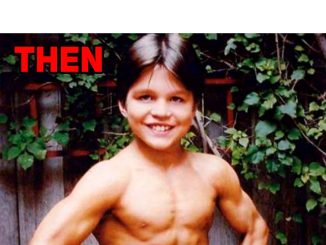
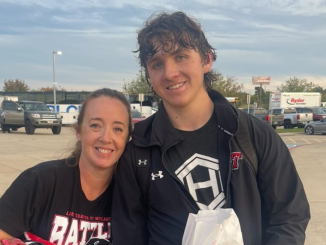
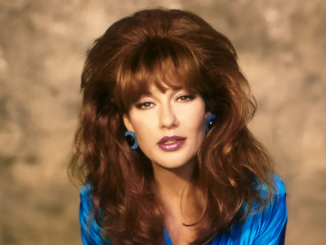
Leave a Reply